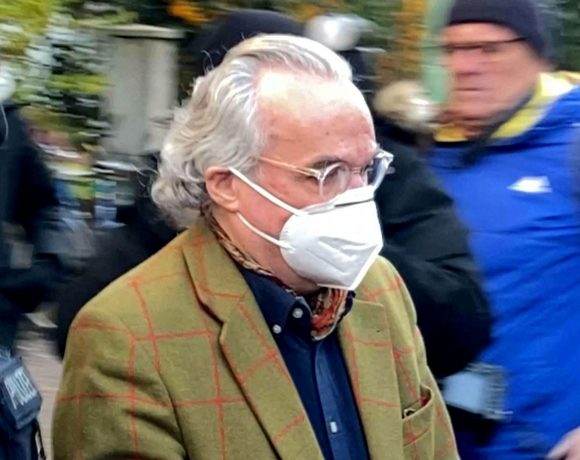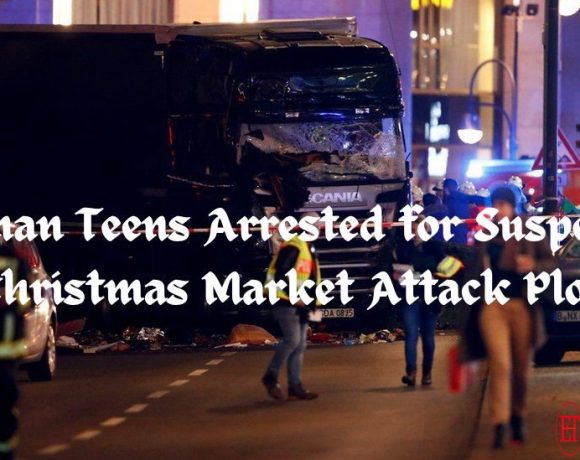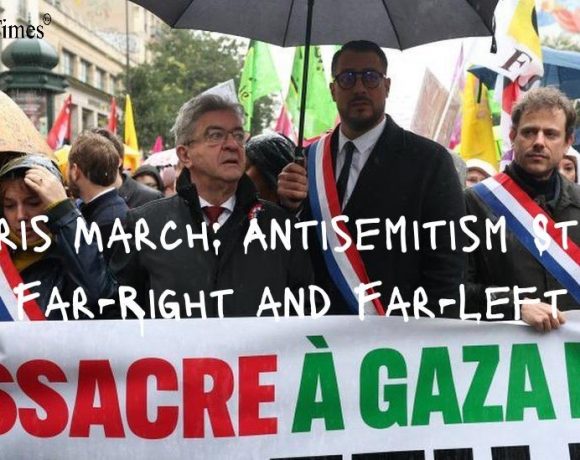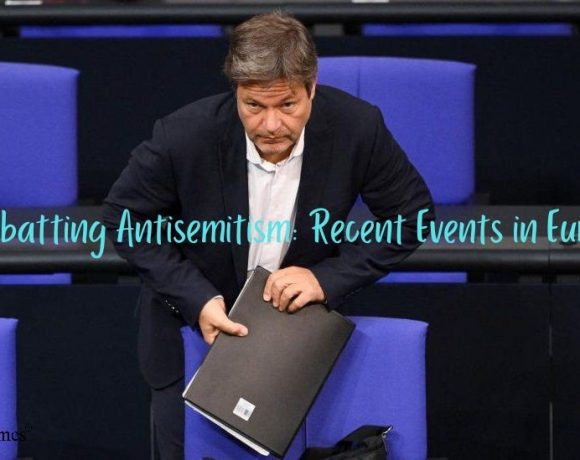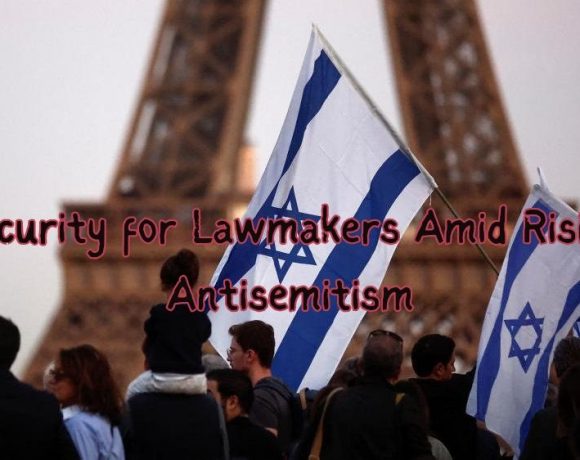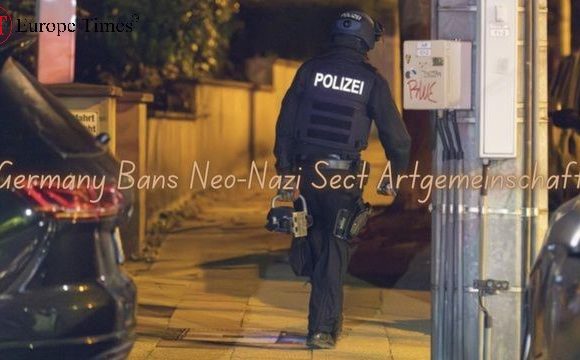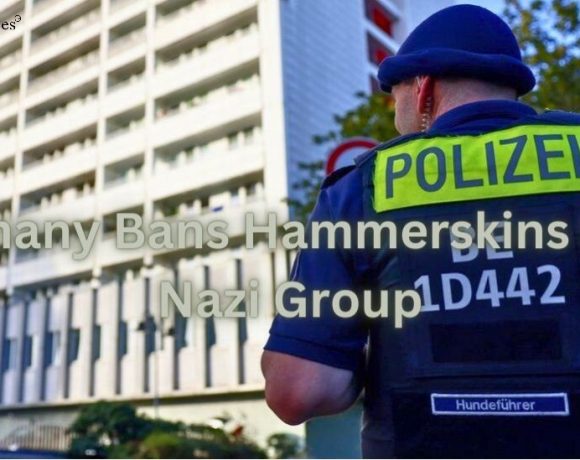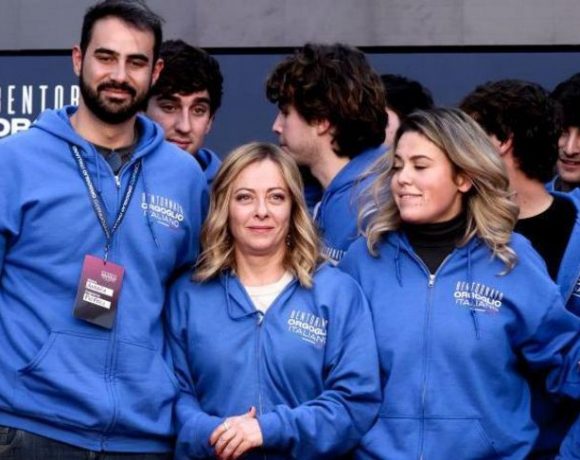
Italian Prime Minister Giorgia Meloni expressed her frustration and disappointment to her Brothers of Italy (FdI) party members following investigative reports showing the party’s youth wing engaging in fascist salutes and using racist and antisemitic language. In a letter, Meloni asserted that there is no place in FdI for racism, antisemitism, or nostalgia for totalitarian regimes, condemning such behavior as detrimental to the party’s mission.
The reports by the investigative outlet Fanpage involved undercover journalists who captured National Youth wing (Gioventù Nazionale – GN) members chanting fascist and Nazi slogans. Subsequent footage revealed members making derogatory remarks about disabled individuals, along with racist and antisemitic comments. Following the exposé, some former GN members came forward to confirm similar behaviors in local branches.
Prominent GN members implicated in the investigation, such as Elisa Segnini and Flaminia Pace, resigned from their positions after their involvement was revealed. Holocaust survivor and Italian senator Liliana Segre condemned the resurfacing of such rhetoric, expressing distress over witnessing it again at her age.
Minister Luca Ciriani of FdI claimed the reports were based on out-of-context, fragmented images taken privately, while Senate President Ignazio La Russa condemned the GN’s language, asserting it contradicted the party’s values. Although Meloni initially criticized Fanpage’s methods and questioned the fairness of targeting only FdI, she acknowledged the incompatibility of racist, antisemitic, or nostalgic ideas with the party’s principles.
Opposition senator Simona Malpezzi argued that Meloni should have praised the journalists for uncovering the serious issues within GN and distanced herself from the implicated members. Meloni had previously lauded GN’s young supporters, describing them as rare and valuable for their political engagement.
Since leading a right-wing coalition and becoming Italy’s prime minister in 2022, Meloni has faced numerous controversies related to the far-right roots of Brothers of Italy, tracing back to the Italian Social Movement (MSI) founded by Mussolini supporters post-World War II. In June, a spokesperson for a key Meloni ally resigned over racist and antisemitic remarks in wiretapped communications.
Picture Courtesy: Google/images are subject to copyright


